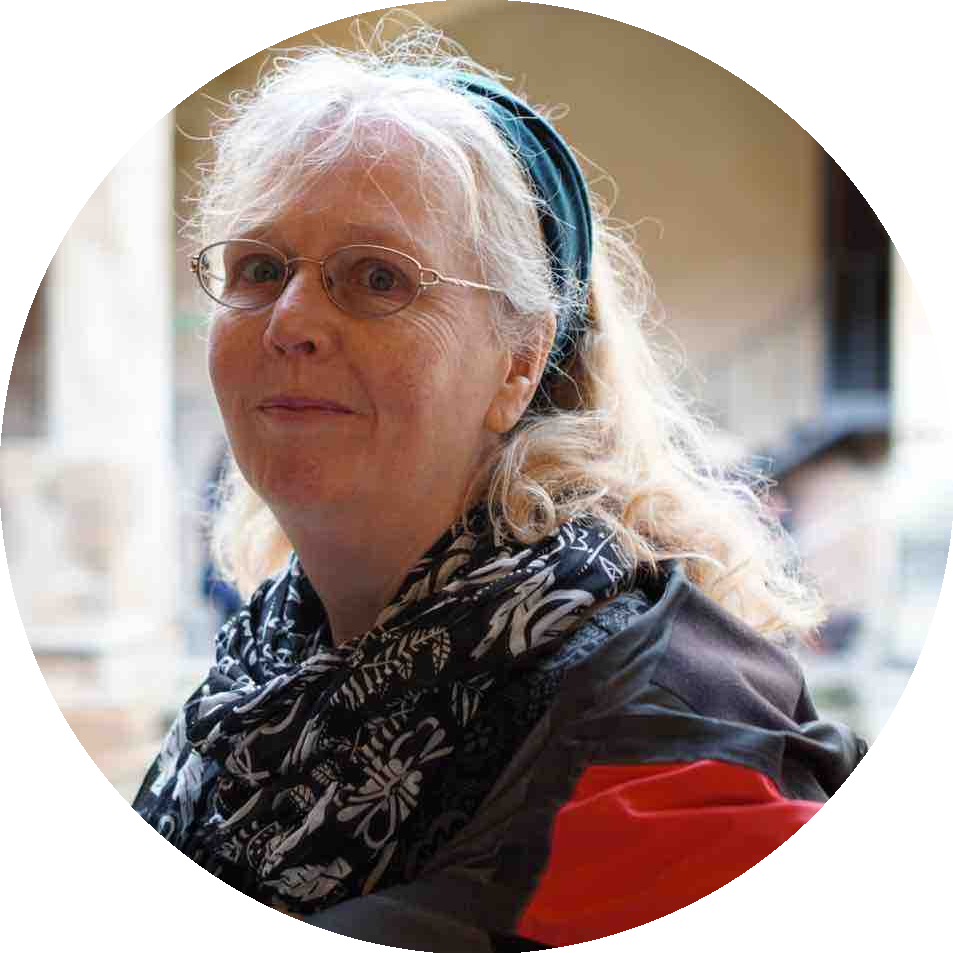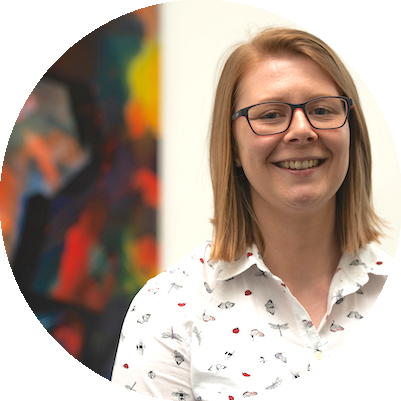This projects responds to the need of Industry 4.0 that will develop and nurture the vision and solutions of how to accelerate the corresponding transition within HEIs - in the field of Computer Science and related disciplines - towards Education 4.0 where humans and technologies are aligned with the aim to enable achievement of skills, competences and knowledge necessary in 21st century.
Overview
The OU is involved in various intellectual outputs, including cataloguing new forms of teaching, learning and assessment in Computer Sciences in Edu 4.0. These will all be related to computer science teachers’ skills and competences, and how to effectively prepare computer science graduates for Edu 4.0.
The role of IET
Two main aims of this output is to collect and synthesize, in a form of catalogue: Education 4.0 compatible forms of teaching, learning and assessment, Teachers' skills and competences related to in Education 4.0, Education 4.0 compatible forms of teaching, learning and assessment. One part of this IO focuses to identify, collect and organize innovative teaching and learning methods descriptions with special emphasis on trends identified within Education 4.0: Accelerate Remote Learning - Learning can take any place anytime, anywhere; Personalised Learning - learning will be personalized to individual students, they will be introduced to harder tasks only after a certain mastery level is achieved; Different types of assessment - students will be assessed differently and the conventional platforms to assess students will be used in such a manner; Independent learners - students will become more independent in their own learning, thus forcing teachers to assume a new role as facilitators who will guide the students through their learning process; Project-based learning - students will be exposed to more project-based learning and be required to apply their knowledge and skills in completing a couple of short term projects; Hands-on learning – students will be exposed to more hands-on learning through field experience such as mentoring projects and collaborative projects.
People
Expertise
Funders
- European Union
Partners
- Faculty of Organization and Informatics (University of Zagreb),
- The Open University, United Kingdom
- University of Zilina, Slovakia
- University of Belgrade, Serbia
- Tallinn University, Estonia
- Universita Degli Studi Dell'Aquila, Italy
- Universitat Politecnica de Catalunya, Spain




